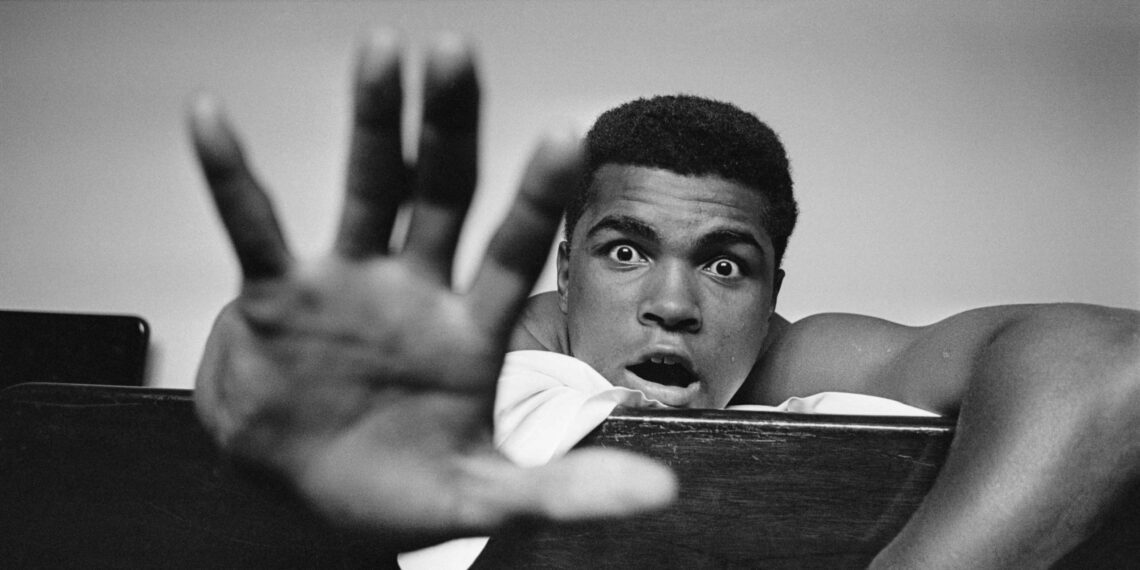[ad_1]
From boxer to activist, entertainer, poet and philanthropist, Muhammad Ali was known by many titles and names. Above all else, Muhammad Ali was undeniably, unequivocally a human being like no other, whose simple desire to be true to himself made him one of the most revolutionary figures for social justice and civil rights in our nation’s history. Muhammad Ali inspired the voice of a generation and forced our nation to listen to a loud, proud, and earth-changing Black man.
Ali’s fight was not just one for the boxing ring, but a challenge right here in our American court system. Ali convinced a judge in Louisville to allow him to avoid the draft for the Vietnam War as a conscientious objector. The decision proved to be fruitless; the U.S. Justice Department advised the draft board to ignore the ruling. Ali was convicted of draft evasion and sentenced to five years in prison. He appealed the decision all the way to the U.S. Supreme Court in the historic Clay v. United States litigation in 1971.
Muhammad Ali’s legal connection to the national Lawyers’ Committee is even closer than many people may know. In fact, Jonathan Shapiro, a former civil rights lawyer at the Committee in the 1960’s, served as one of Ali’s key lawyers in the famous Clay v. United States case.
Remaining free while his lawyers pursued appeals, Ali became an iconic global voice, with outspoken political views on the Vietnam War and the treatment of Black people in America. Ali’s candid stance came at a price, including a loss of his boxing title and a ban on participating in the sport for more than 3 years. Though Ali would lose millions of dollars in the prime of his career, no amount of money could compare to the personal principle for which he was willing to fight.
When the Supreme Court overturned Ali’s conviction in 1971, his greatness reignited in the ring and brought the energy of a compassionate humanitarian. His convictions rooted in spirituality allowed a budding boxer to change the way a single athlete can shape history, federal policy, and national civil rights. Even still, Muhammad Ali will forever be remembered in his Louisville hometown as a man whose global compassion reflected the love he had for his community. As we continue to share his poetic words and inspirational quotes, we must honor the humanity rooted deep in Muhammad Ali’s federal fight for religious and personal freedom in our pursuit of equal justice for all.
As we remember Muhammad Ali and other ‘Greats’ who shook up the world during their time, we carry their greatness to positively shape humanity during our time. It is our time to fight for justice, support inclusive federal policies, and fill elected offices with leaders who advocate for the voice of every individual. We must take responsibility to uphold our diverse communities, to break the chains of unjust institutions, and protect the rights and liberties endowed to each and every one of us.
###
Contact: Natasha Mundkur, [email protected], (202) 780-4506
[ad_2]




